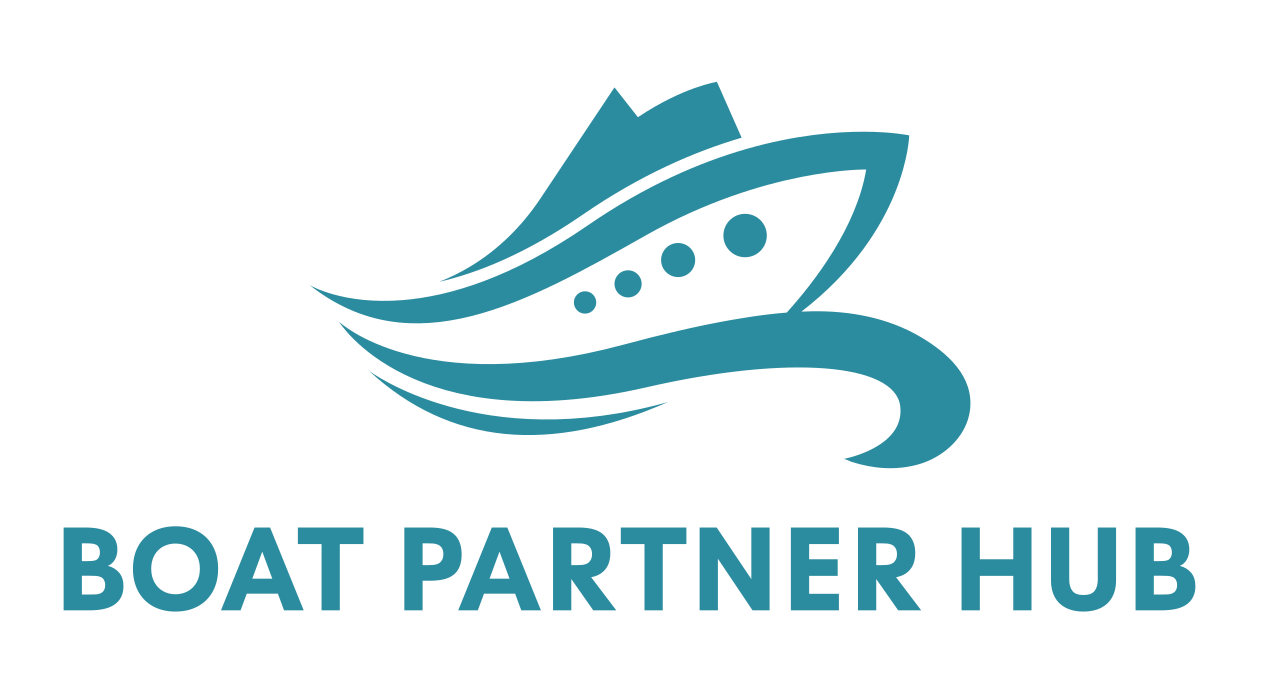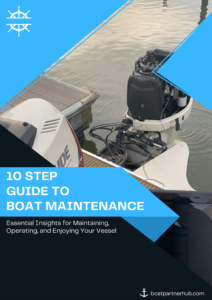Blog
Safe Boat Trailer Practices: Expert Tips for Securely Towing Your Vessel

Safe Boat Trailer Practices: Expert Tips for Securely Towing Your Vessel – Ensuring Safe and Hassle-Free Transportation
Towing a boat trailer requires careful attention to ensure a safe and smooth journey to and from the water. Incorrect trailer practices can lead to accidents, damage to your boat, and pose a risk to other road users. This comprehensive guide provides expert tips for safe boat trailer practices, empowering you to confidently tow your vessel and protect both your boat and others on the road. By following these guidelines and best practices, you can enjoy hassle-free and secure travels with your boat trailer.
1. Properly Load Your Boat
Ensure your boat is evenly and securely loaded on the trailer. Distribute the weight evenly from side to side and front to back to prevent swaying during transportation.
2. Check Trailer Condition
Regularly inspect your boat trailer for any signs of wear, such as rust, loose bolts, or tire damage. Ensure the trailer’s lights are working correctly to maintain visibility on the road.
3. Secure the Boat and Trailer
Double-check that your boat is securely strapped to the trailer using strong, adjustable tie-down straps. Test the stability of the boat by gently shaking the trailer before hitting the road.
4. Know Your Vehicle’s Towing Capacity
Before towing your boat, know your vehicle’s towing capacity, which includes the boat’s weight and the weight of the trailer. Exceeding the towing capacity can lead to dangerous driving conditions.
5. Practice Backing Up
Backing up a boat trailer can be challenging. Practice in an open, empty space to improve your skills before attempting to back up at a crowded boat ramp.
6. Maintain Safe Speeds
Observe speed limits and maintain a safe driving speed while towing your boat. Avoid sudden accelerations and decelerations, and allow for extra stopping distance.
7. Use Extended Mirrors
If your vehicle’s mirrors don’t provide a clear view of the trailer, consider using extended mirrors to enhance visibility.
8. Be Mindful of Boat Overhang
Take note of any boat overhang on the trailer when changing lanes or making turns. Allow extra space to avoid hitting obstacles or other vehicles.
FAQs (Frequently Asked Questions)
Q1: Do I need a special license to tow a boat trailer?
A: The requirement for a special license to tow a boat trailer varies by location and the weight of the boat and trailer. Check your local regulations to ensure compliance.
Q2: Can I leave my boat on the trailer for extended periods?
A: Leaving your boat on the trailer for extended periods can lead to tire damage and accelerated wear. Whenever possible, store your boat separately from the trailer.
Q3: What type of trailer is best for my boat?
A: Choose a trailer specifically designed for your boat’s size and weight. Consult with a trailer expert or your boat’s manufacturer for the best fit.
Q4: Can I use regular straps to secure my boat on the trailer?
A: While regular straps can work, it’s best to use high-quality, adjustable tie-down straps designed for securing boats during transportation.
Q5: Are there specific safety chains for boat trailers?
A: Yes, boat trailers should have safety chains attached to the towing vehicle to prevent the trailer from detaching in case of a hitch failure.
Conclusion
Safe boat trailer practices are essential to ensure the protection of your boat, the safety of others on the road, and a stress-free boating experience. Properly load your boat, maintain your trailer’s condition, and securely strap down your vessel. Be familiar with your vehicle’s towing capacity, practice backing up, and use extended mirrors for enhanced visibility. Drive at safe speeds and be mindful of boat overhang during turns and lane changes. By following expert tips and adhering to best practices, you can confidently tow your boat trailer and enjoy a safe and enjoyable boating adventure.


